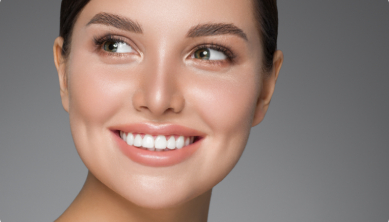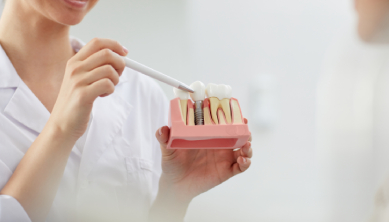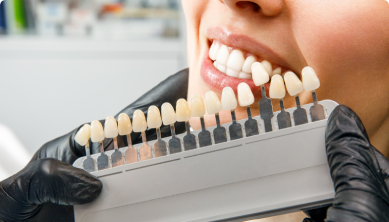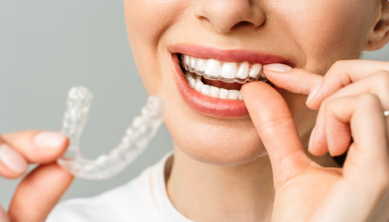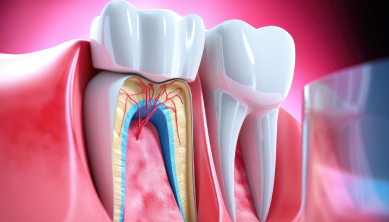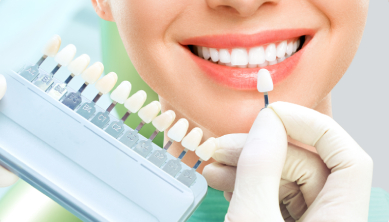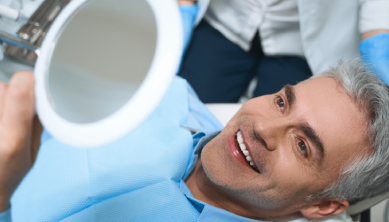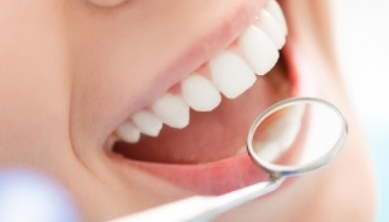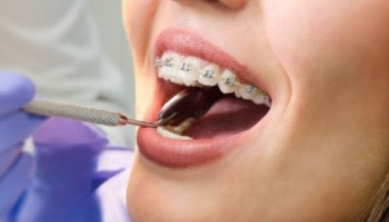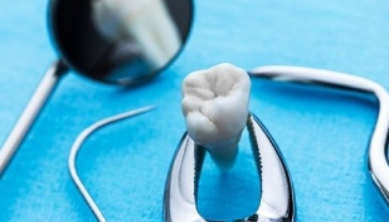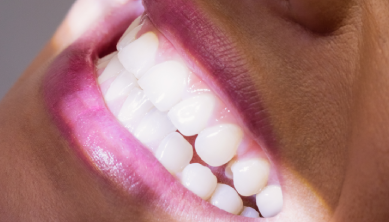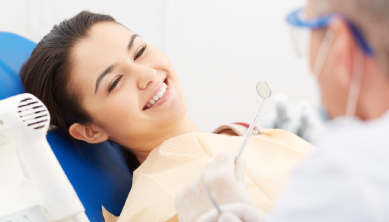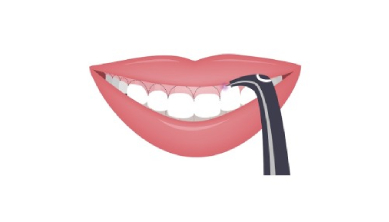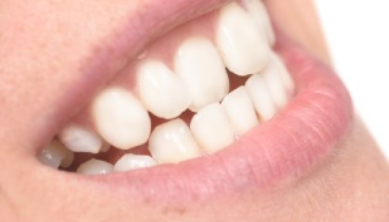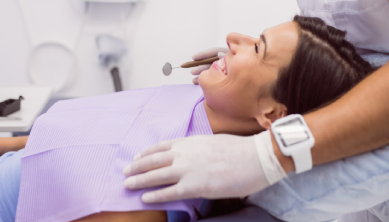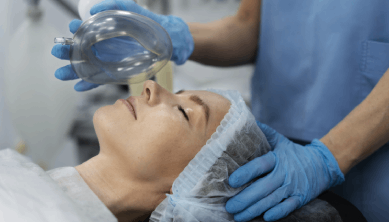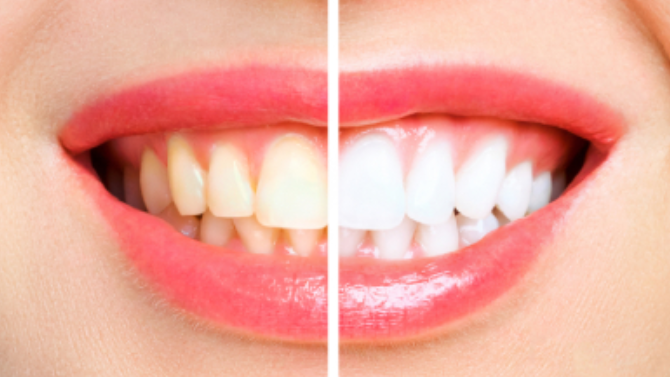
Teeth Whitening
Teeth whitening is the process of making teeth lighter by a few tones from their own color. The color of the teeth of each person is in harmony with the color of his/her skin. In some cases, especially in cases of systemic blood diseases, or because of certain antibiotics taken as a child, there may be dark stains that we call intrinsic discolorations on all teeth. In addition, there may be dark stains on the teeth that we call external discolorations as a result of foods and drinks consumed daily (tea, coffee, juice, wine) or smoking.
The removal of these discolorations is conducted in dentistry for restorative dental treatment. There are two methods used in the treatment of teeth whitening.
Clinical Teeth Whitening (Office Bleaching): It requires high protection due to the fact that it is performed by a doctor with an agent containing a high concentration of hydrogen peroxide.
Home Teeth Whitening (Home Bleaching): There are home whitening agents in specifically prepared spoons for each patient. They can apply at home for one or two hours.
In order for foods not to stain the teeth, we should prefer white foods (milk, yogurt) and stay away from coloring foods. Foremost, red wine, soy sauce, and especially smoking can negatively affect our tooth color. The important thing to note is to stay away from them and brush your teeth regularly in the morning and evening.
How To Prepare For Teeth Whitening?
Before teeth whitening removal of dental calculus needs to be performed. Whitening is effective on the enamel layer. It does not work in crowns and coatings and does not cause whitening in the colors of existing fillings.
During the teeth whitening process, our patients feel more confident and happier psychologically and aesthetically. If you feel that your teeth are a little darker than normal, you can contact your dentist.
Is Teeth Bleacing Harmful?
Teeth whitening can cause sensitivity when the dental tissue is excessively permeable, which varies from person to person. This sensitivity disappears in 24 hours and is not permanent. Fluorine-containing or remineralizing agents are administered in the clinic after sensitivity is experienced.
You might be interested in our blog post on the topic of Hollywood Smile). Please check it out.

